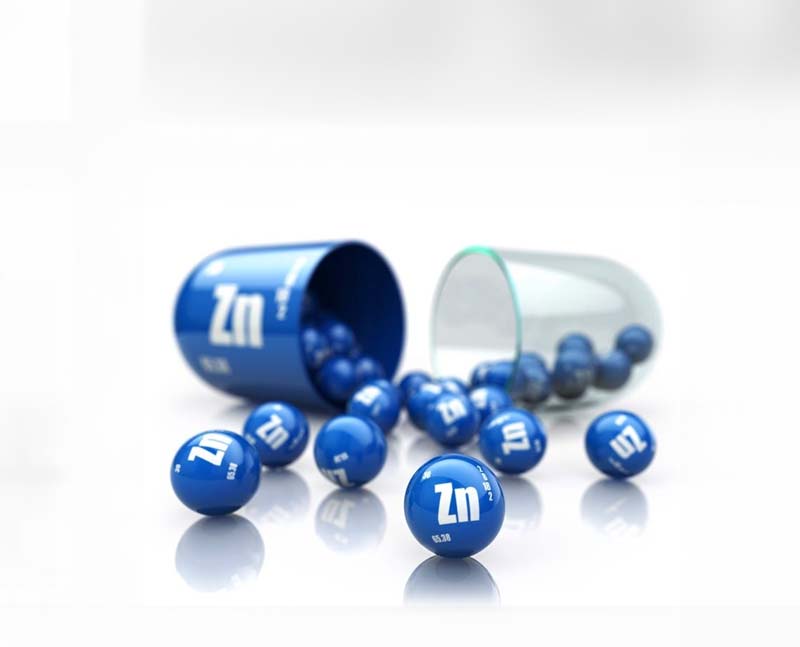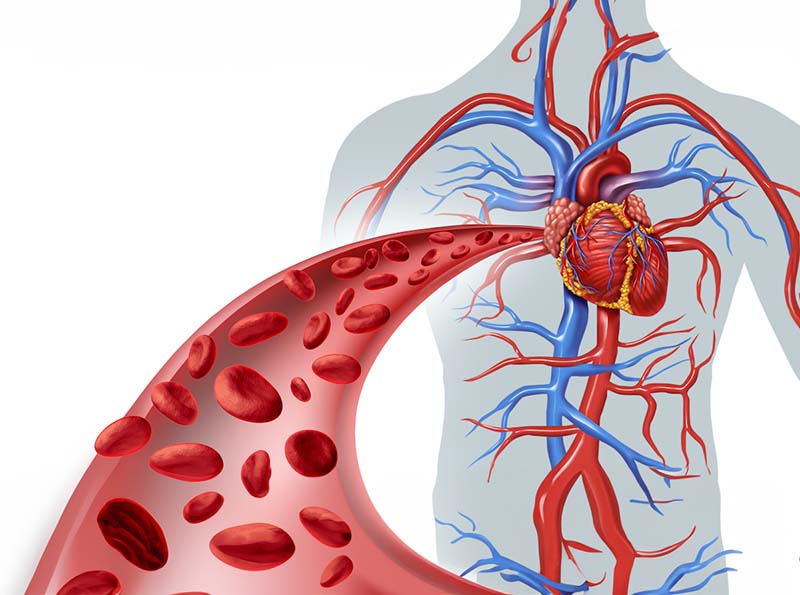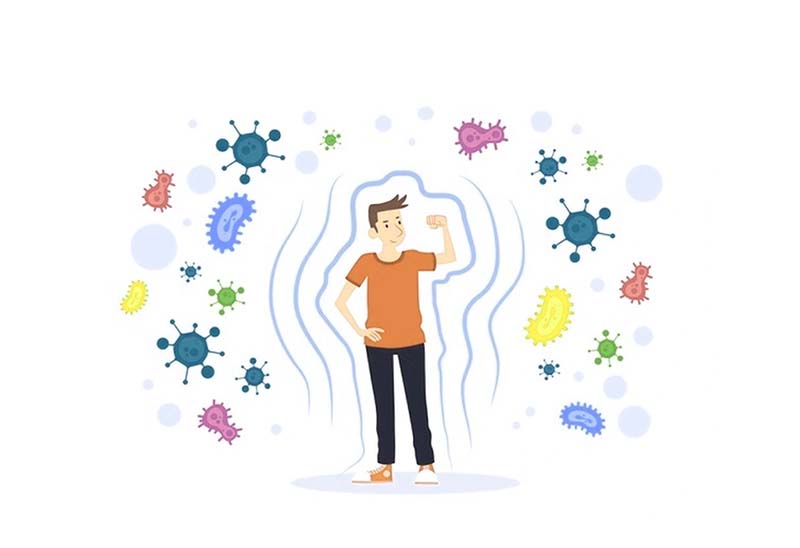Welcome to our exploration of oysters as a superfood, where we uncover their surprising role in not only enhancing romance but also in weight loss. While oysters are often associated with romantic dinners, they hold a hidden power that can be pivotal in your journey towards a healthier and fitter you. Are Oysters Good for Weight Loss? This blog aims to answer that question.
In this blog, we’ll explore the science behind oysters and their potential benefits for your fitness goals. We’ll also provide essential insights to ensure you make the most of incorporating oysters into your diet. Get ready for a fresh perspective on these sea gems, as we highlight their multifaceted advantages beyond their reputation as an aphrodisiac.
Related articles
- Are Sweet Potatoes Good for Weight Loss? Explore the Benefits.
- Do Almonds Help You Lose Weight? Health Benefits and Risks.
- Can Avocado Help You Lose Weight? The Reality Check.
Are Oysters Good for Weight Loss?
Incorporating oysters into a weight loss regimen can be highly beneficial. These shellfish stand out for their low calorie count paired with a high protein content, making them an excellent choice for those looking to manage their weight effectively.
Protein is key in promoting a feeling of fullness, which helps in controlling overall calorie intake. Beyond this, oysters are a notable source of omega-3 fatty acids.
These nutrients are acclaimed for their anti-inflammatory properties and potential role in supporting weight loss efforts.

Research indicates that diets rich in protein, including options like oysters, can be instrumental in shedding pounds and enhancing body composition. However, a word of caution: oysters do contain a certain amount of fat. Hence, it’s wise to consume them judiciously, ensuring they are part of a well-rounded diet.
Oyster Nutritional Profile
| Nutrient | Amount |
| Calories | 51 calories |
| Protein | 5.71 grams |
| Fats | 1.71 grams |
| Carbohydrates | 2.72 grams |
| Niacin (Vitamin B3) | 7% RDI |
| Vitamin B12 | 364% RDI |
| Iron | 26% RDI |
| Magnesium | 4% RDI |
| Phosphorus | 8% RDI |
| Zinc | 354% RDI |
| Copper | 317% RDI |
| Manganese | 13% RDI |
| Selenium | 36% RDI |
*RDI: Recommended Daily Intake
The nutritional profile of wild eastern oysters, as detailed by the USDA, is quite impressive, especially considering a 100-gram serving. This serving size offers just 51 calories, making it an excellent low-calorie option. It packs a substantial protein punch with 5.71 grams, essential for muscle health and satiety. The fat content is relatively low at 1.71 grams, and the carbohydrate count stands at a modest 2.72 grams.
These shellfish are a powerhouse of vitamins and minerals. Notably, they provide 7% of the Recommended Daily Intake (RDI) for Niacin (Vitamin B3), a vital nutrient for energy metabolism. Vitamin B12 is exceptionally high, with a staggering 364% of the RDI, essential for nerve function and blood formation. Iron, crucial for oxygen transport in the blood, is present at 26% of the RDI.
Additionally, oysters contain 4% of the RDI for Magnesium, 8% for Phosphorus, and 13% for Manganese – all important for bone health and metabolic processes. The zinc content is remarkable at 354% of the RDI, beneficial for immune function and wound healing. Copper, at 317% of the RDI, is crucial for cardiovascular and nerve health. Lastly, they offer a healthy dose of Selenium (36% of the RDI), important for thyroid function and antioxidant defense.
Oysters stand out not just for their protein content but also for being laden with essential nutrients. They are notably rich in Vitamin B12, Zinc, and Copper, alongside omega-3 fatty acids, making them a nutritious choice for various health benefits.
Other Health Benefits of Oysters
Let’s explore the various health benefits of consuming oysters, as well as some important precautions to be aware of:
Aphrodisiac
While the legendary reputation of oysters as an aphrodisiac may have been popularized by Giacomo Casanova, there is scientific evidence to support this claim. Oysters are rich in zinc, a mineral associated with improved sexual performance and libido. Zinc is also crucial for reproductive health in both men and women. However, it’s important to note that individual responses to aphrodisiacs can vary.
Provides Abundant Zinc
Oysters are hailed as one of the best dietary sources of zinc. Just a couple of medium-sized raw oysters can provide more than the daily zinc requirement for both men and women. Zinc is not only essential for sexual health but also for overall well-being. It supports a healthy reproductive system, boosts immunity, aids in wound healing, and may protect against age-related vision loss.

Support Cardiovascular Health
Oysters are part of the heart-healthy seafood family. Consuming seafood, including oysters, has been associated with a reduced risk of heart disease. They offer lean protein and omega-3 fatty acids, which are known to benefit heart health. Oysters also contain potassium, contributing to lower blood pressure.

Support for Healing
The high zinc content in oysters makes them valuable for wound care and immune system support. Zinc plays a critical role in wound healing and enhances the body’s immune response against infections.
Enhance Blood Circulation
Oysters are a good source of iron, providing around 6 mg per 100 grams. Iron is essential for the formation of red blood cells and the prevention of anemia, which can lead to fatigue and other health issues. Adequate iron levels ensure efficient blood circulation and oxygenation of organs, supporting overall metabolic function.

Improve Bone Health
Oysters are rich in minerals like calcium, phosphorus, zinc, iron, copper, and selenium. These minerals collectively contribute to stronger bones and increased bone mineral density, reducing the risk of conditions like osteoporosis. Some studies even suggest that oyster-shell-fortified products can help prevent and treat osteoporosis.

Unique Antioxidant
Oysters contain a unique antioxidant known as 3,5-Dihydroxy-4-methoxybenzyl alcohol (DHMBA). Research suggests that DHMBA may have various health benefits, including supporting brain function and protecting the liver against oxidative stress. Oysters also contain selenium, another powerful antioxidant that helps prevent chronic health conditions.
Improve Immune Function
Oysters are exceptionally high in zinc, which is essential for a robust immune system. Ensuring sufficient zinc intake by including oysters in your diet can strengthen your immune system year-round and may even reduce the duration of common colds.

Dangers of Eating Raw Oysters
Raw oysters can carry the risk of bacterial contamination, particularly Vibrio vulnificus, which thrives in warm waters. Even fresh-looking oysters can be infected. Consuming raw oysters contaminated with Vibrio vulnificus can lead to serious health hazards, including liver disease, and can be potentially life-threatening, especially for those with weakened immune systems, such as individuals with diabetes, cancer, or liver disease.
Symptoms of Vibrio vulnificus infection can include fever, chills, nausea, vomiting, shock, diarrhea, and skin lesions. If you experience such symptoms after consuming raw oysters, seek immediate medical attention for prompt treatment.
There Is a High Risk of Vibrio Infection from Raw Oysters
It is vital to highlight the significant risk of Vibrio infection associated with the consumption of raw oysters. Here are key points to consider:
- Alcohol Consumption and Increased Risk: Individuals who regularly consume alcoholic beverages face an elevated risk of developing liver disease and experiencing severe illnesses if they ingest raw oysters contaminated with Vibrio bacteria. Consuming 2-3 alcoholic drinks a day can contribute to liver disease, which may progress silently over several years before symptoms become apparent. This underlying liver condition can substantially increase the risk of contracting Vibrio vulnificus from raw oysters, potentially without the individual’s awareness.
- High-Risk Medical Conditions: Several medical conditions can further heighten the susceptibility to Vibrio vulnificus infection when consuming raw oysters. These conditions include diabetes, stomach diseases, cancer, iron overload, and any medical condition that necessitates treatments weakening the immune system. Individuals with these conditions should exercise extreme caution or consider avoiding the consumption of raw oysters.
- Severity of Symptoms: Vibrio vulnificus infection resulting from the consumption of contaminated raw oysters can be life-threatening for the majority of individuals. Symptoms typically manifest within 24 to 48 hours after consuming contaminated oysters and can include fever, sudden chills, nausea, vomiting, shock, diarrhea, and skin lesions.
- Risks for Certain Diseases: For individuals with specific diseases such as diabetes, cancer, or liver disease, Vibrio vulnificus infection can progress rapidly and can be fatal. It is crucial that anyone displaying signs of Vibrio vulnificus infection after consuming raw oysters seek immediate medical attention for prompt treatment.
Conclusion
In summary, oysters have certainly established themselves as a formidable superfood, offering benefits that span from romantic enhancements to aiding in weight loss. Their rich nutritional composition, brimming with high-quality protein and essential minerals, positions them as a standout choice in any dietary plan.
“Are Oysters good for Weight Loss?” Absolutely, and we’re eager to hear about your experiences with oysters and their impact on your health and wellness. Share your stories with us, and let’s keep this enlightening conversation going!
For more engaging and informative blogs on health, beauty, and overall wellness, make sure to check out additional articles from Blonde Beauty. Your path to a healthier, more radiant lifestyle is well underway. Explore the world of oysters and more with us!

Laureate Professor Clare Collins
Professor Clare Collins is a leading expert in nutrition and dietetics at the School of Health Sciences, part of the College of Health, Medicine and Wellbeing. Her work is changing the way we think about food and health. She grew up as one of nine children and was the first in her family to finish high school and go to college. This background gave her a strong work ethic and a deep appreciation for seizing opportunities.
As the Director of the Hunter Medical Research Institute’s Food and Nutrition Program and a recipient of three NHMRC Research Fellowships, Professor Collins is making a big difference in public health. She focuses on helping people who are often overlooked, using new technologies like apps and online programs to improve their nutrition and reduce the risk of chronic diseases.
Professor Collins is well-respected and has been recognized as a Fellow in four major health and science organizations. She leads a diverse team of experts, including dietitians, computer scientists, and engineers, working together on global health projects.
Her achievements are impressive. She has received over $29 million in research funding, published more than 450 papers, and helped 35 PhD and Master’s students complete their degrees. She’s also active in sharing her knowledge with the public. She has developed tools like the Australian Eating Survey and the Healthy Eating Quiz, and she often appears in the media to talk about nutrition.
PUBLISHED ARTICLES
- Collins, C. (2019). “The Effect of a Pilot Dietary Intervention on Pain Outcomes in Patients Attending a Tertiary Pain Service.”
- Collins, C. (2022). “Variation in cardiovascular disease risk factors among older adults.”
- Collins, C. (2022). “Evaluation of an online intervention for improving stroke survivors’ health-related quality of life: A randomised controlled trial.”
These articles show Professor Collins’s commitment to understanding how better nutrition can improve health. Her work is important for researchers, doctors, and anyone interested in healthy living.
